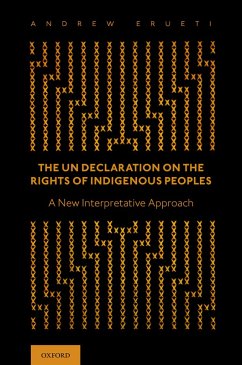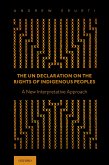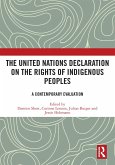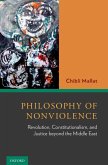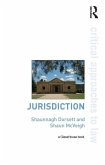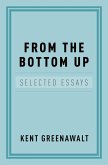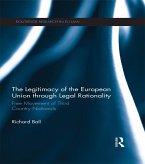This book offers a distinctive approach to the key international instrument on indigenous rights, the United Nations Declaration on the Rights of Indigenous Peoples (Declaration) based on a new account of the political history of the international indigenous movement as it intersected with the Declaration's negotiation. The current orthodoxy is to read the Declaration as containing human rights adapted to the indigenous situation. However, this reading does not do full justice to the complexity and diversity of indigenous peoples' participation in the Declaration negotiations. Instead, the book argues that the Declaration should be subject to a novel, mixed-model reading that views the Declaration as embodying two distinct normative strands that serve different types of indigenous peoples. Not only is this model supported by the Declaration's political history and legal argument, it provides a new and compelling theory of the bases of international indigenous rights while clarifying the vexed question of who qualifies as indigenous for the purposes of international law.
Dieser Download kann aus rechtlichen Gründen nur mit Rechnungsadresse in A, B, BG, CY, CZ, D, DK, EW, E, FIN, F, GR, HR, H, IRL, I, LT, L, LR, M, NL, PL, P, R, S, SLO, SK ausgeliefert werden.

